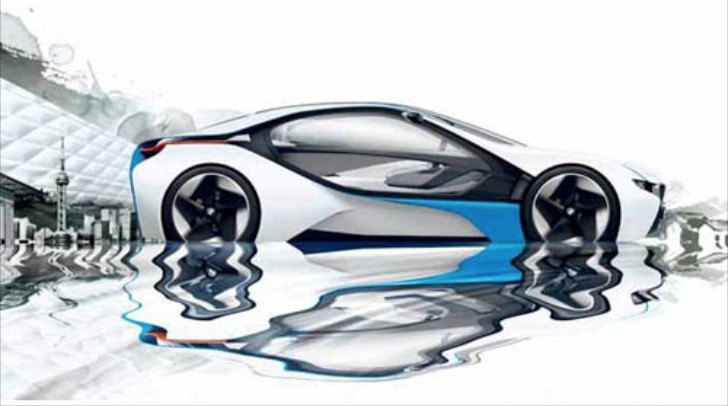The BMW Group would invest even more in China, the largest auto market in the world, at the moment, if it wasn’t for the strict ownership rules, according to Automotive News Europe.
The communist regime might be the problem here, as Friedrich Eichiner, BMW’s Chief Financial Officer claimed, in a statement for the aforementioned publication:
“The market is regulated. This question is not relevant, it is not legally possible,” he said.
That means that private investors still have to abide to a set of very strict rules concerning manufacturing things in China, the last of the cheapest possible labour costs.
According to current regulations, European and US manufacturers are forced to join ventures with state-owned enterprises, in which they cannot have more than 50 percent of the shares.
In the BMW-Brilliance joint venture, for example, the German manufacturer splits both the profits and the costs with the Chinese company in an even 50:50 ratio.
That means that the 3 Series and 5 Series models manufactured over there only return half the profit they should. Of course, that is upsetting for BMW but that is the ‘status quo’ at the moment and no signs of changes are in sight.
A lot of people have been asking what the future plans for BMW are, though, and, when put on the spot, the CEO of BMW-Brilliance Automotive, Olaf Kastner declined to give a straight out answer:
"I think you would have to ask my shareholders to answer that question. We had a very good run and in that respect we have a lot of discussions about how we continue localization. The rest can be answered by Hong Kong or Munich.”
Even so, other manufacturers found loopholes in the regulations and even exploited them. Daimler, for example, is also involved in the Chinese market, with its partner, BAIC.
Last year, Daimler took over a 12 percent stake in BAIC Motor and, amongst other things, managed to increase its stake in a sales joint venture company to 51 percent, in return, allowing the Chinese company to do the same in the production joint-venture.
It might not look like a decisive percentage but it’s still a step forward, that allows the Germans to control the sales division, while the Chinese counterpart will better overlook the production process. Furthermore, it could be used as a precedent by other manufacturers.
“The market is regulated. This question is not relevant, it is not legally possible,” he said.
That means that private investors still have to abide to a set of very strict rules concerning manufacturing things in China, the last of the cheapest possible labour costs.
According to current regulations, European and US manufacturers are forced to join ventures with state-owned enterprises, in which they cannot have more than 50 percent of the shares.
In the BMW-Brilliance joint venture, for example, the German manufacturer splits both the profits and the costs with the Chinese company in an even 50:50 ratio.
That means that the 3 Series and 5 Series models manufactured over there only return half the profit they should. Of course, that is upsetting for BMW but that is the ‘status quo’ at the moment and no signs of changes are in sight.
A lot of people have been asking what the future plans for BMW are, though, and, when put on the spot, the CEO of BMW-Brilliance Automotive, Olaf Kastner declined to give a straight out answer:
"I think you would have to ask my shareholders to answer that question. We had a very good run and in that respect we have a lot of discussions about how we continue localization. The rest can be answered by Hong Kong or Munich.”
Even so, other manufacturers found loopholes in the regulations and even exploited them. Daimler, for example, is also involved in the Chinese market, with its partner, BAIC.
Last year, Daimler took over a 12 percent stake in BAIC Motor and, amongst other things, managed to increase its stake in a sales joint venture company to 51 percent, in return, allowing the Chinese company to do the same in the production joint-venture.
It might not look like a decisive percentage but it’s still a step forward, that allows the Germans to control the sales division, while the Chinese counterpart will better overlook the production process. Furthermore, it could be used as a precedent by other manufacturers.
